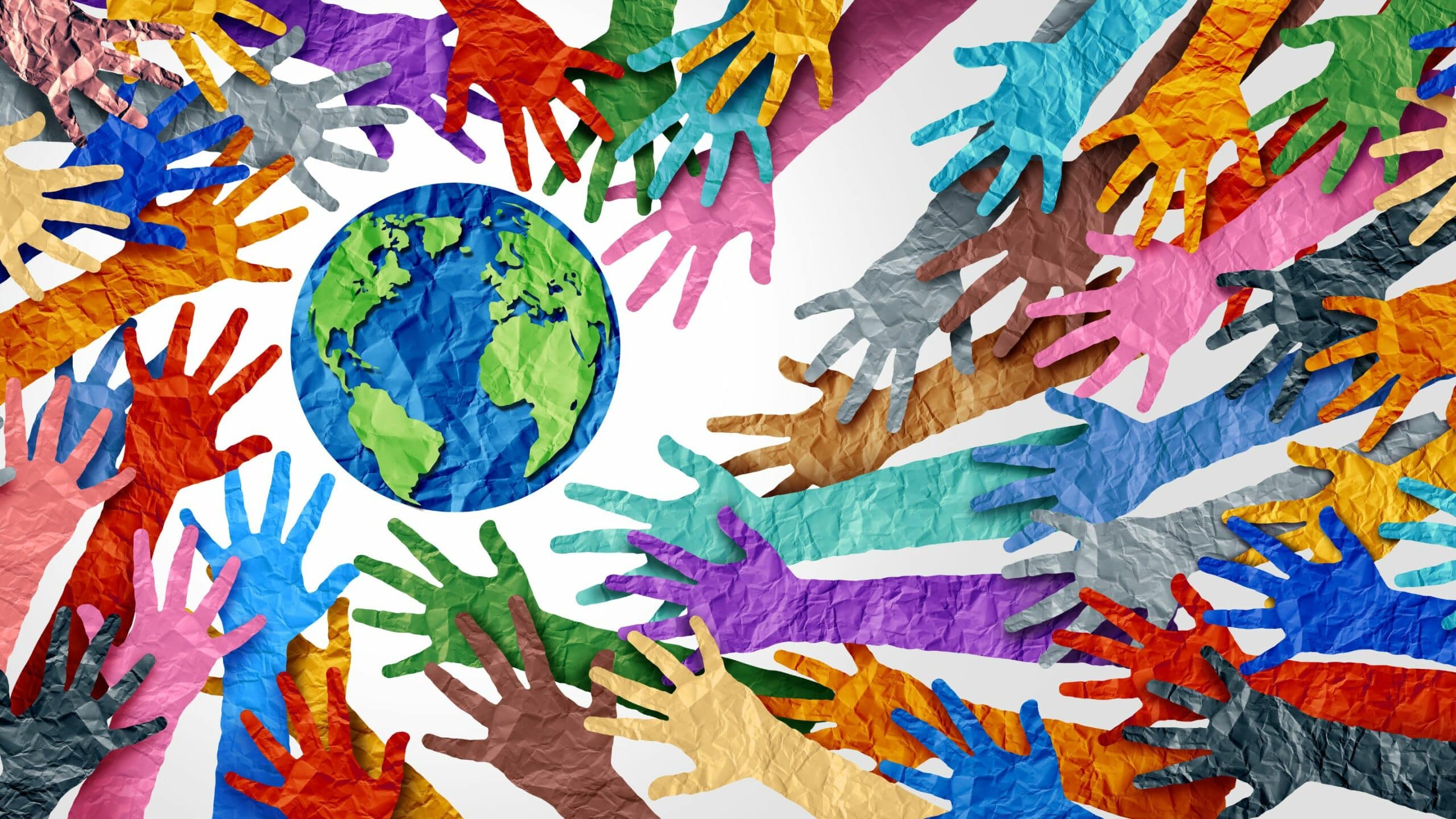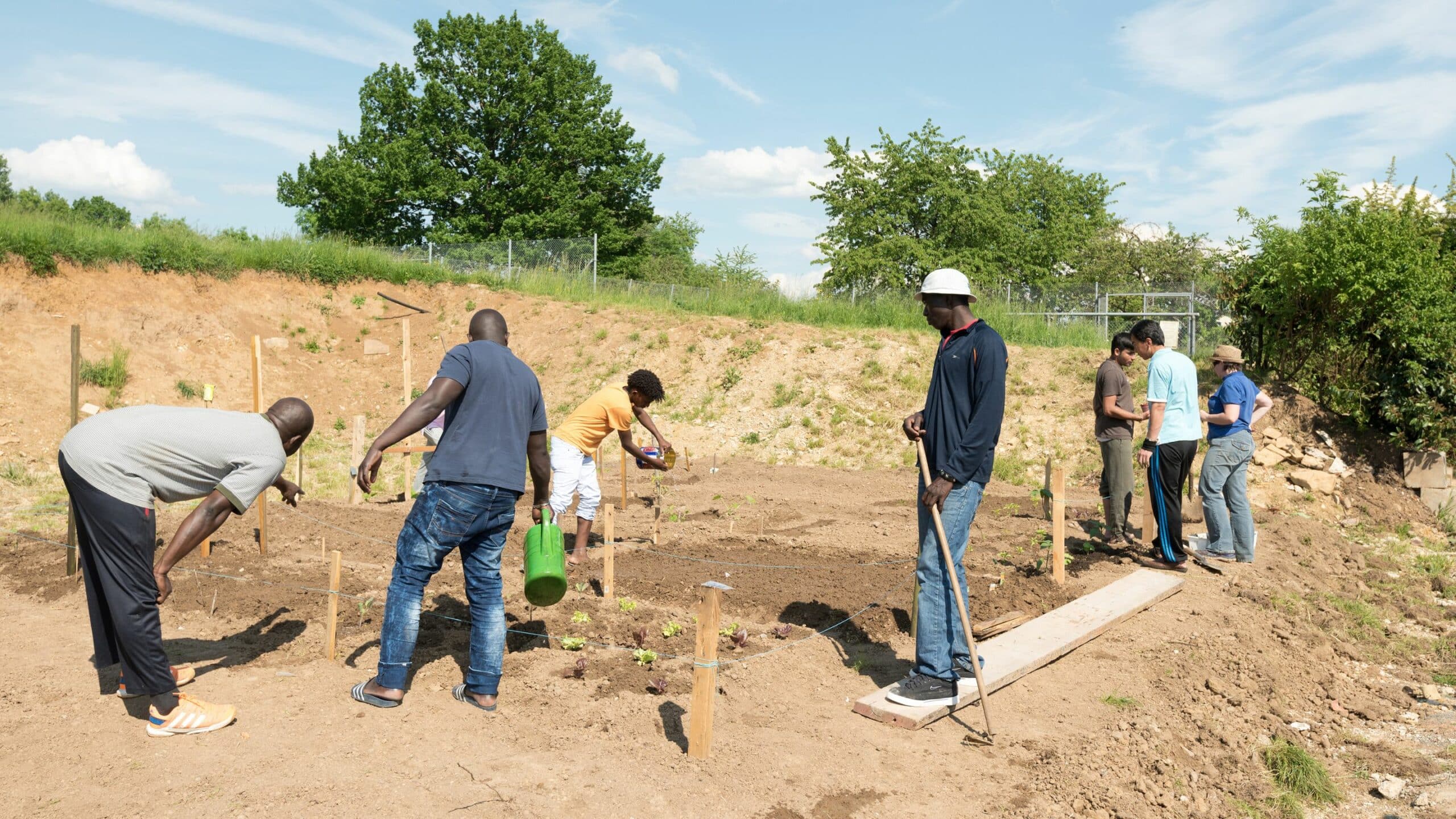In today’s complex and interconnected world, addressing humanitarian crises effectively demands a multifaceted approach. No single organization, no matter how well-resourced or experienced, can go it alone. Collaboration between different actors is crucial to achieving effective humanitarian outcomes and ensuring that those in need receive the timely and comprehensive support they deserve.

Why Collaboration Matters
There are several compelling reasons why collaboration is essential in humanitarian response:
- Increased effectiveness: When different actors work together, they can pool their resources, expertise, and capacities, leading to more effective and impactful humanitarian interventions.
- Improved efficiency: Collaboration can help to avoid duplication of efforts and ensure that resources are used efficiently and effectively.
- Enhanced innovation: By working together, different actors can share best practices, develop new solutions, and test innovative approaches to humanitarian challenges.
- Greater accountability: Collaboration can help ensure humanitarian interventions are accountable to affected communities and resources are used responsibly.
- Stronger resilience: By working together, communities can build their resilience to future disasters and crises.

Key Actors in Collaboration
Effective humanitarian response requires collaboration between various actors, including:
- Governments: National and local governments are critical in providing leadership, coordination, and resources for humanitarian response within their territories.
- International organizations: The United Nations and its agencies, such as UN OCHA, UNHCR, and WFP, are vital in coordinating international humanitarian response efforts.
- Non-governmental organizations (NGOs): NGOs bring a wealth of experience and expertise to the table, often focusing on specific sectors such as health, sanitation, education, or protection.
- Private sector companies: Private companies can contribute resources, expertise, and innovative solutions to humanitarian response efforts.
- Affected communities: The voices and perspectives of affected communities are essential throughout the entire humanitarian response process.

Examples of Successful Collaboration
There are many inspiring examples of successful collaboration in humanitarian response. Here are a few:
- The Ebola Virus Disease outbreak response in West Africa (2014-2016): This complex crisis saw unprecedented collaboration between governments, international organizations, NGOs, and private sector companies, ultimately leading to the control of the outbreak.
- The Rohingya refugee crisis (2017): A massive influx of refugees from Myanmar into Bangladesh prompted a coordinated response from the humanitarian community, with UN agencies, NGOs, and local authorities working together to provide essential services to the refugees.
- The COVID-19 pandemic: The global pandemic has highlighted the importance of collaboration between governments, scientists, public health experts, and private companies to develop vaccines, treatments, and other resources to combat the virus and mitigate its impact.

Challenges and Opportunities
Collaboration, while advantageous in many aspects, is not without its own set of challenges. One of the potent difficulties arises from power imbalances. This issue manifests when different actors involved in collaboration possess unequal power and resources. The disparity often culminates in unequal partnerships where the ones with fewer resources may not have an equal say over decisions, hindering the spirit of collaboration.
Adding to this intricacy is the lack of trust and effective communication channels. Establishing faith among different parties and setting up effective communication conduits can be time-consuming and often requires a considerable amount of patience and persistence. Furthermore, the complexity of collaboration is compounded by the varying mandates and priorities of different actors. Divergent objectives and measures can make it challenging to find common ground or a shared purpose, leading to potential disagreements and conflicts. Despite these challenges, collaboration remains a vital aspect of collective progress, requiring mindful navigation and management to tap into its vast potential effectively.
Despite these challenges, the opportunities presented by collaboration are immense. By working together, different actors can achieve more than they could ever achieve alone.

Moving Forward
Harnessing the power of collaboration in humanitarian response requires a multifaceted approach. It begins with investing in building trust and relationships between different actors. This cultivation of mutual understanding lays the groundwork for effective collaboration. Equally crucial is the development of clear and shared objectives and goals. These provide a common direction and set a unified mission for all collaborators. The establishment of effective communication and coordination mechanisms further facilitates this process, ensuring all actors are on the same page and moving cohesively towards their shared goal. Moreover, the empowerment of the affected communities to participate in humanitarian decision-making is vital. Their inclusion ensures that the measures taken are truly representative and beneficial for those in need. Lastly, the promotion of transparency and accountability in collaborative efforts is necessary to maintain integrity and trust among all parties involved. Thus, through these key steps, we can effectively harness the power of collaboration in humanitarian response. By taking these steps, we can ensure that collaboration becomes the cornerstone of an effective and impactful humanitarian response.
Collaboration is not a magic bullet but a powerful tool that can help us address the world’s most pressing humanitarian challenges. We can build a more resilient and compassionate world for all by working together.

